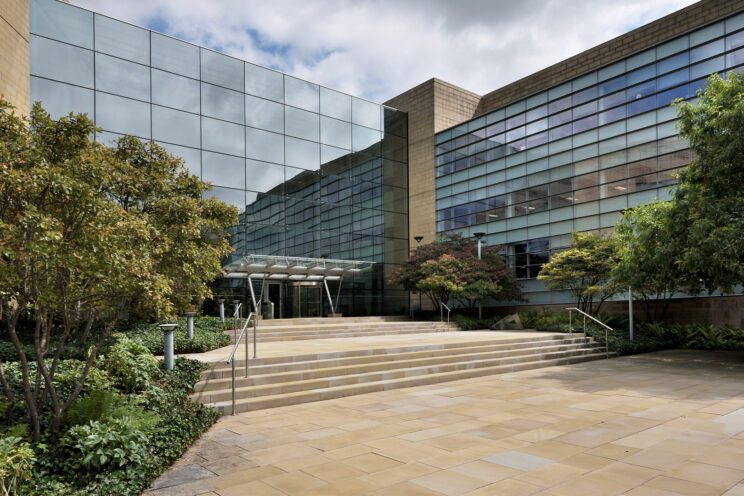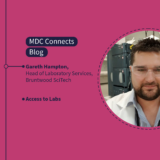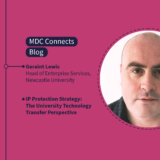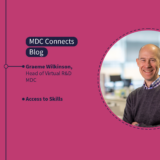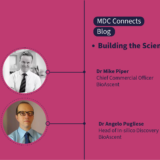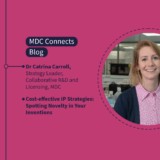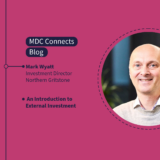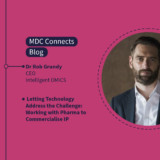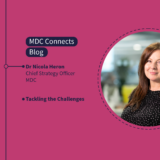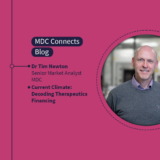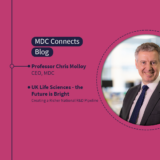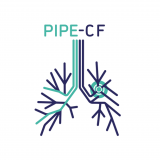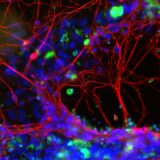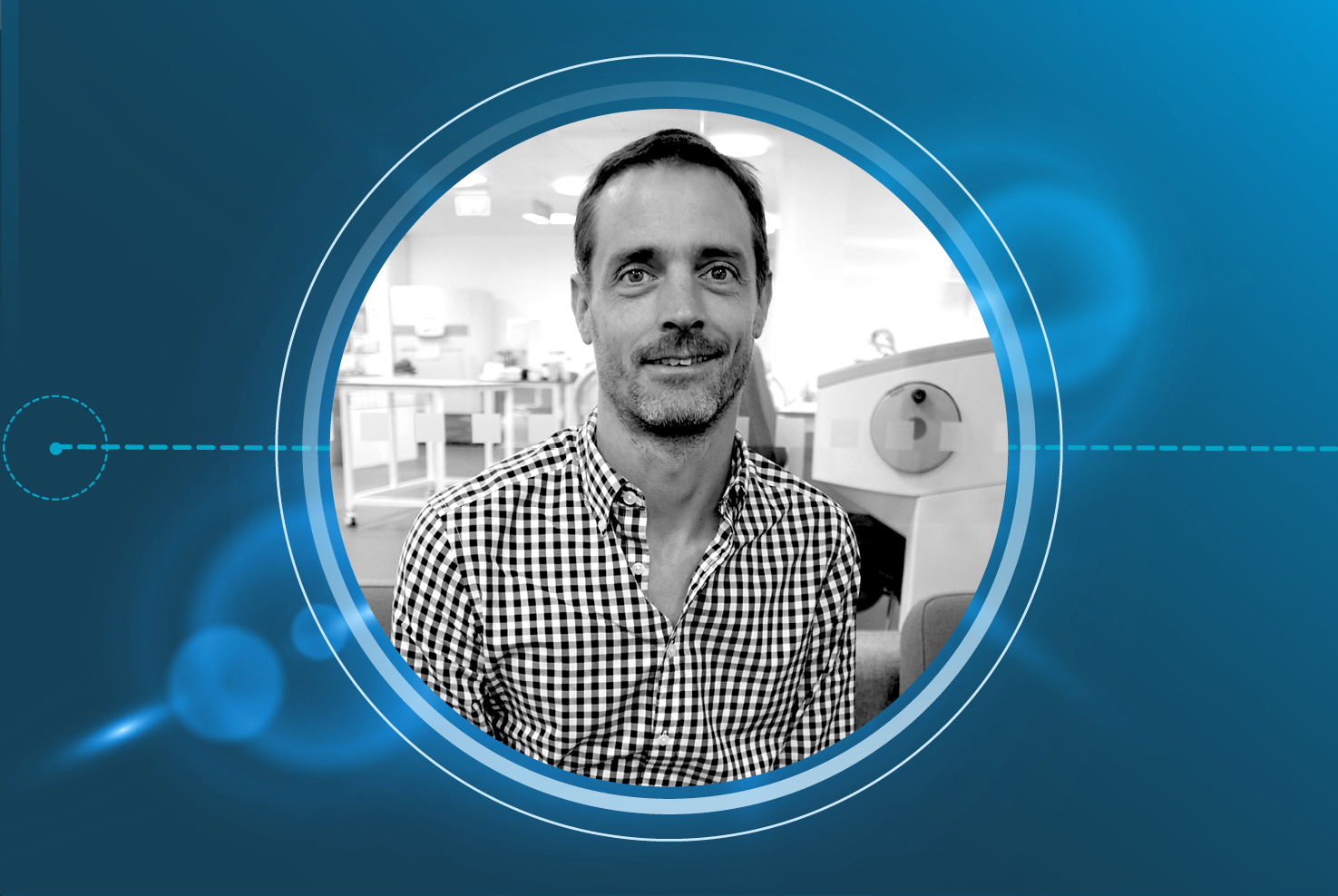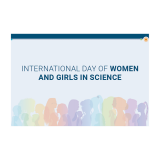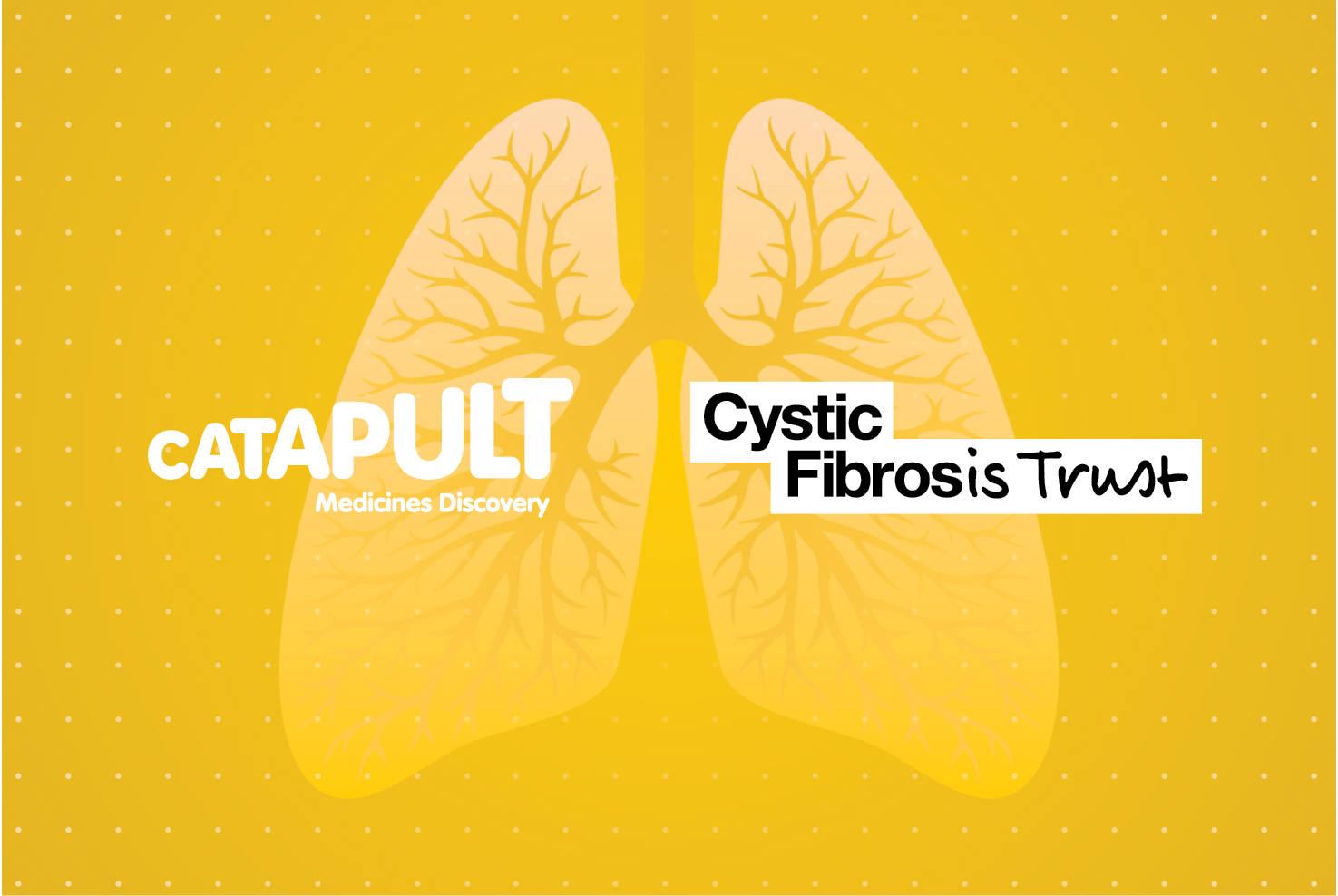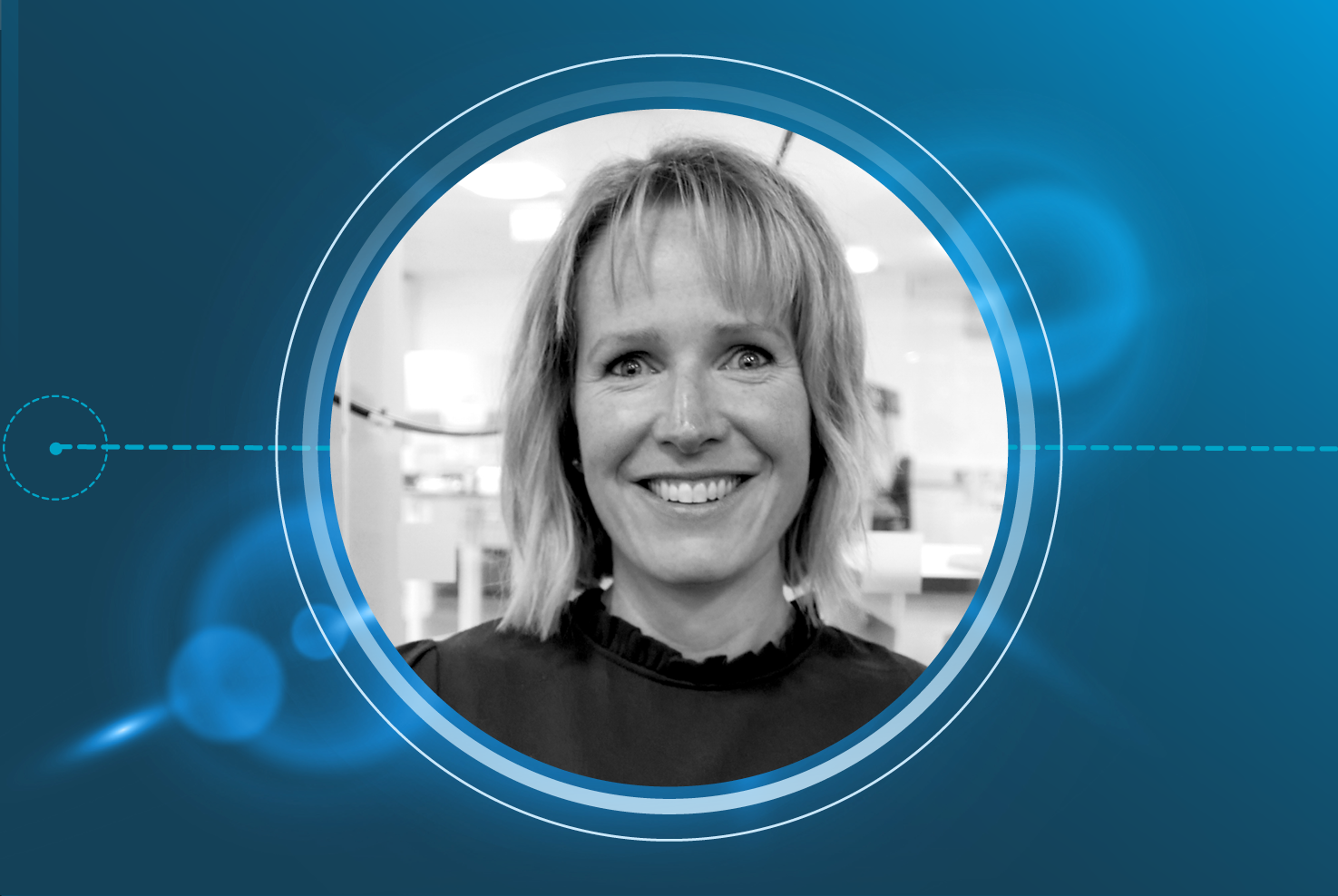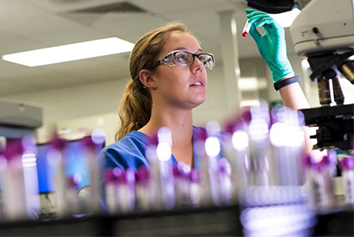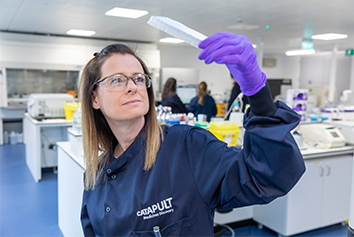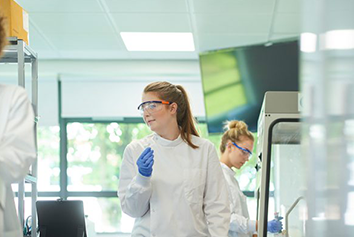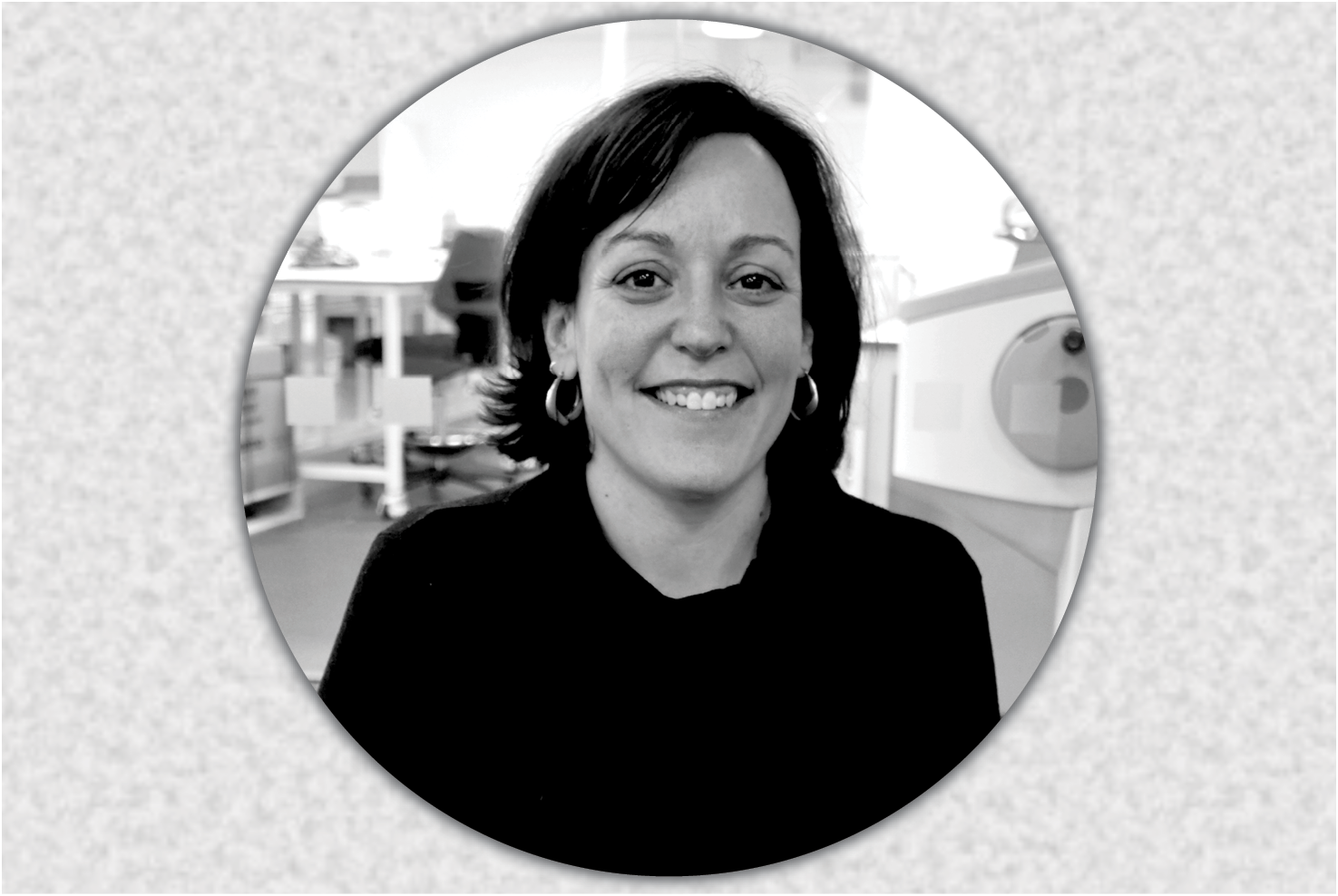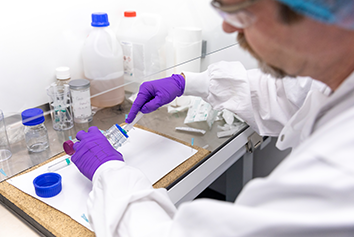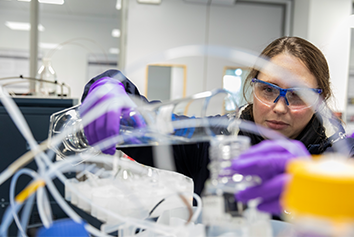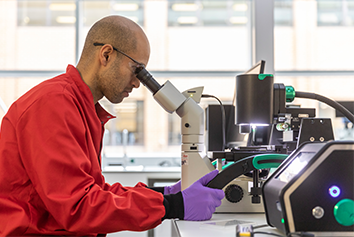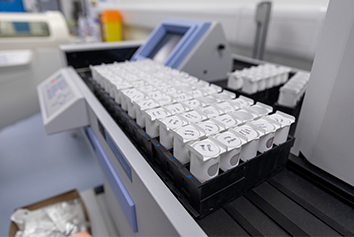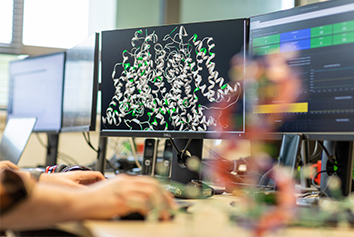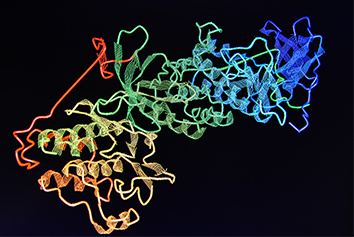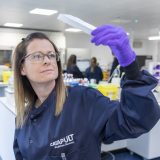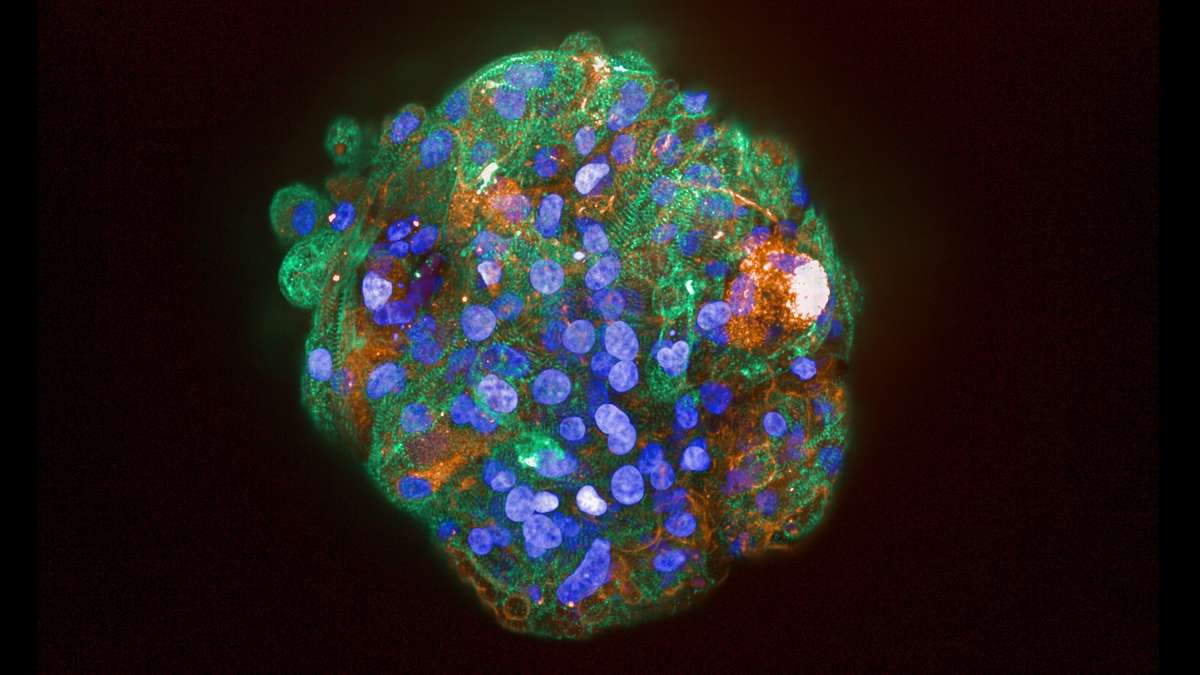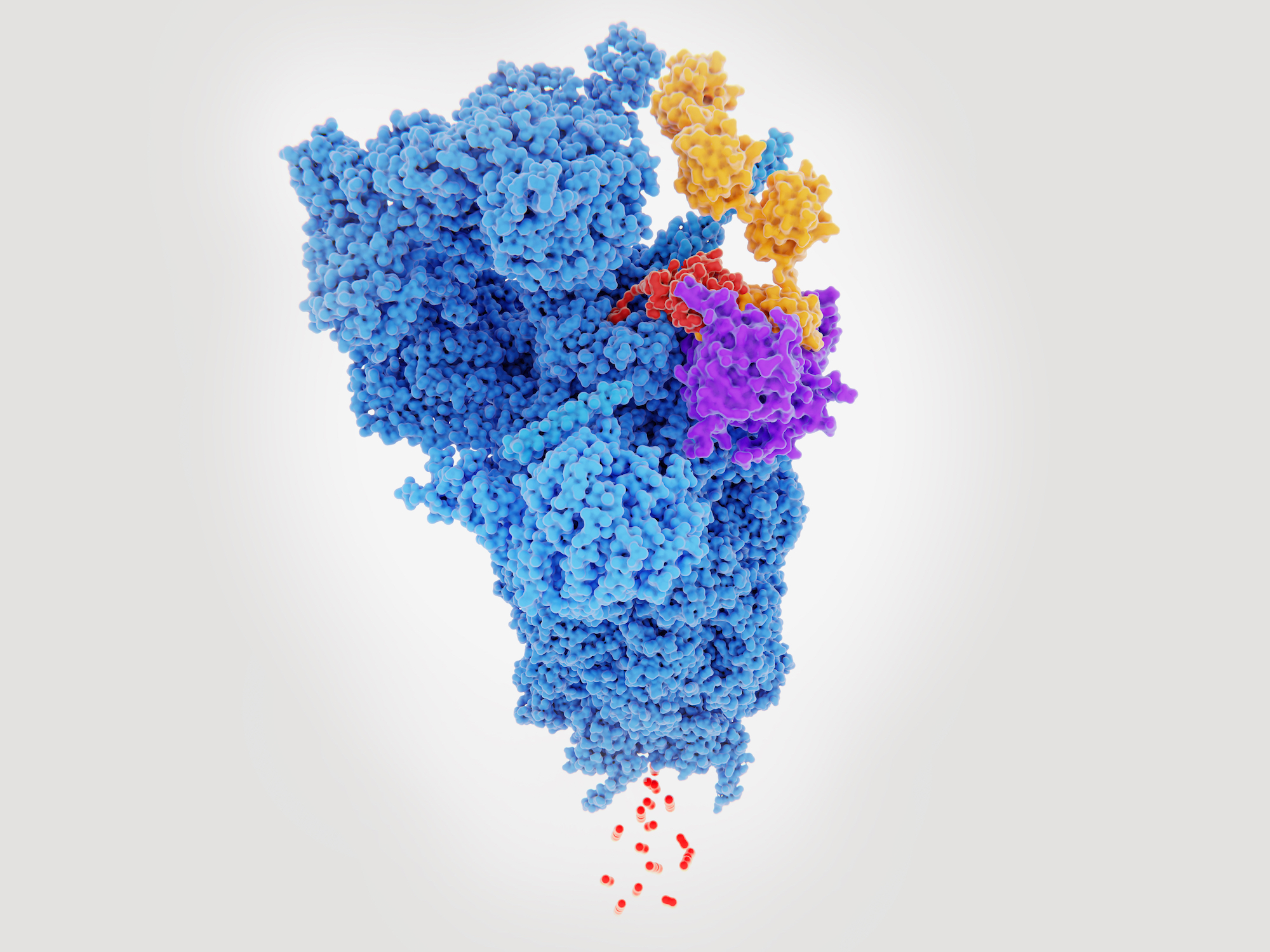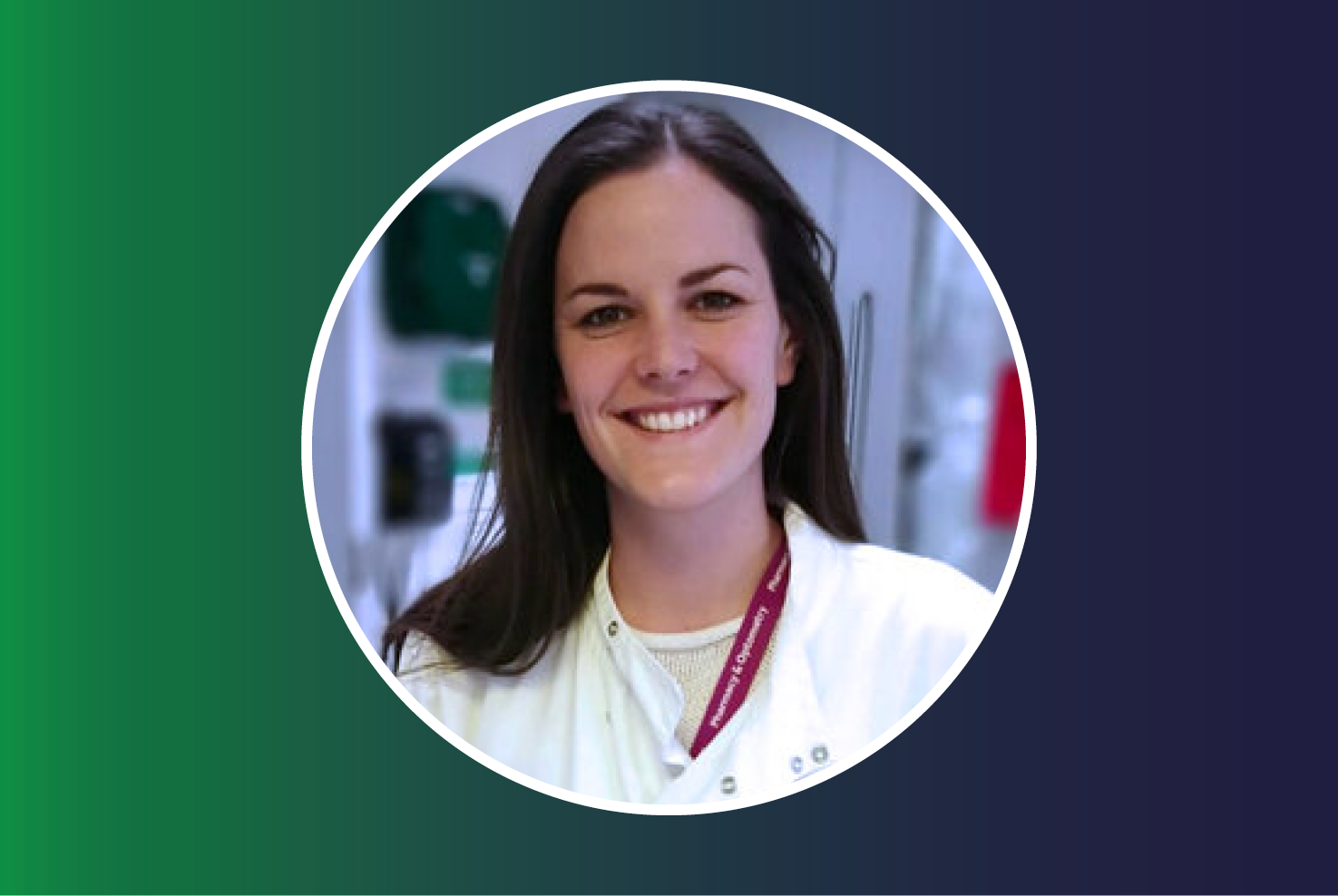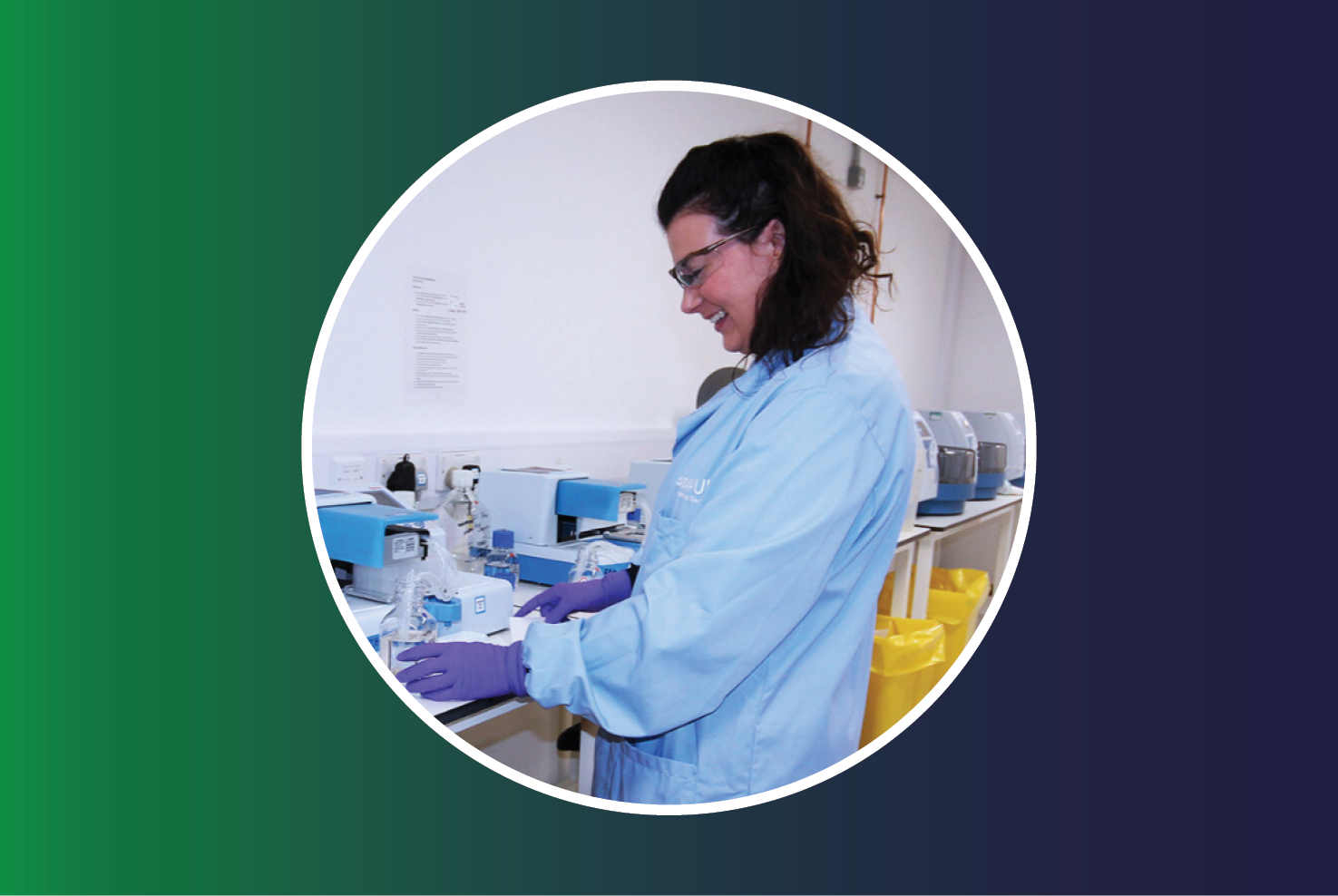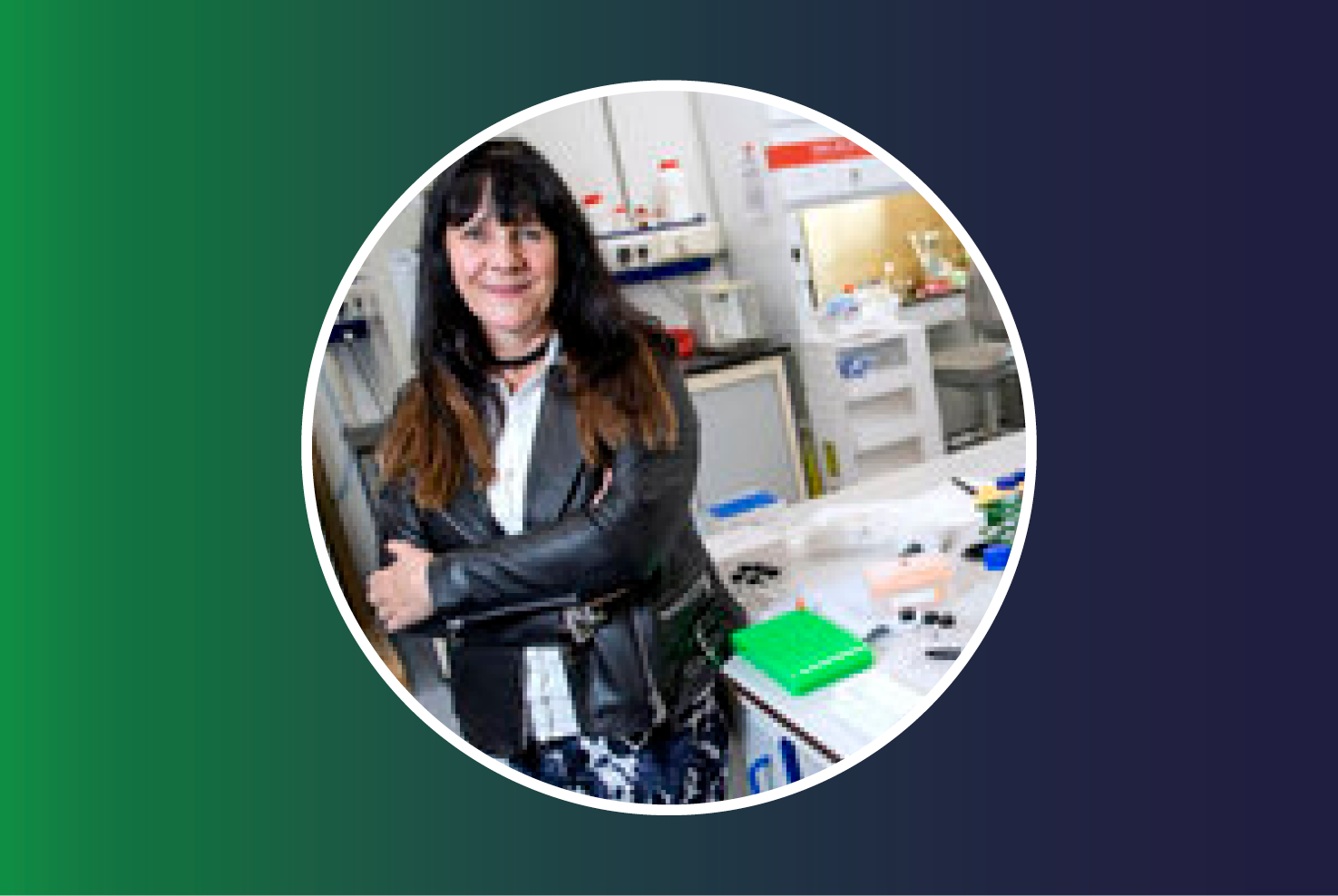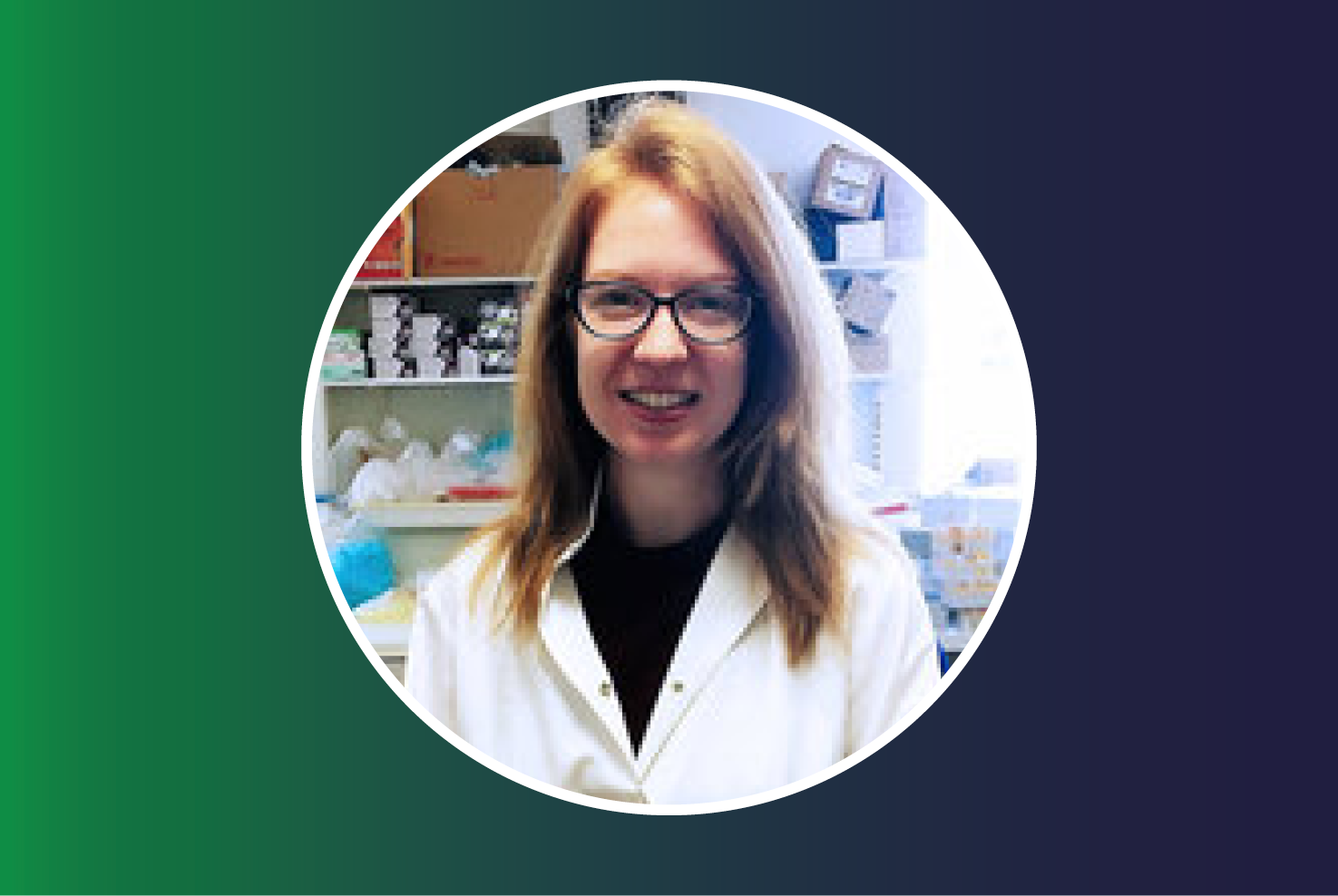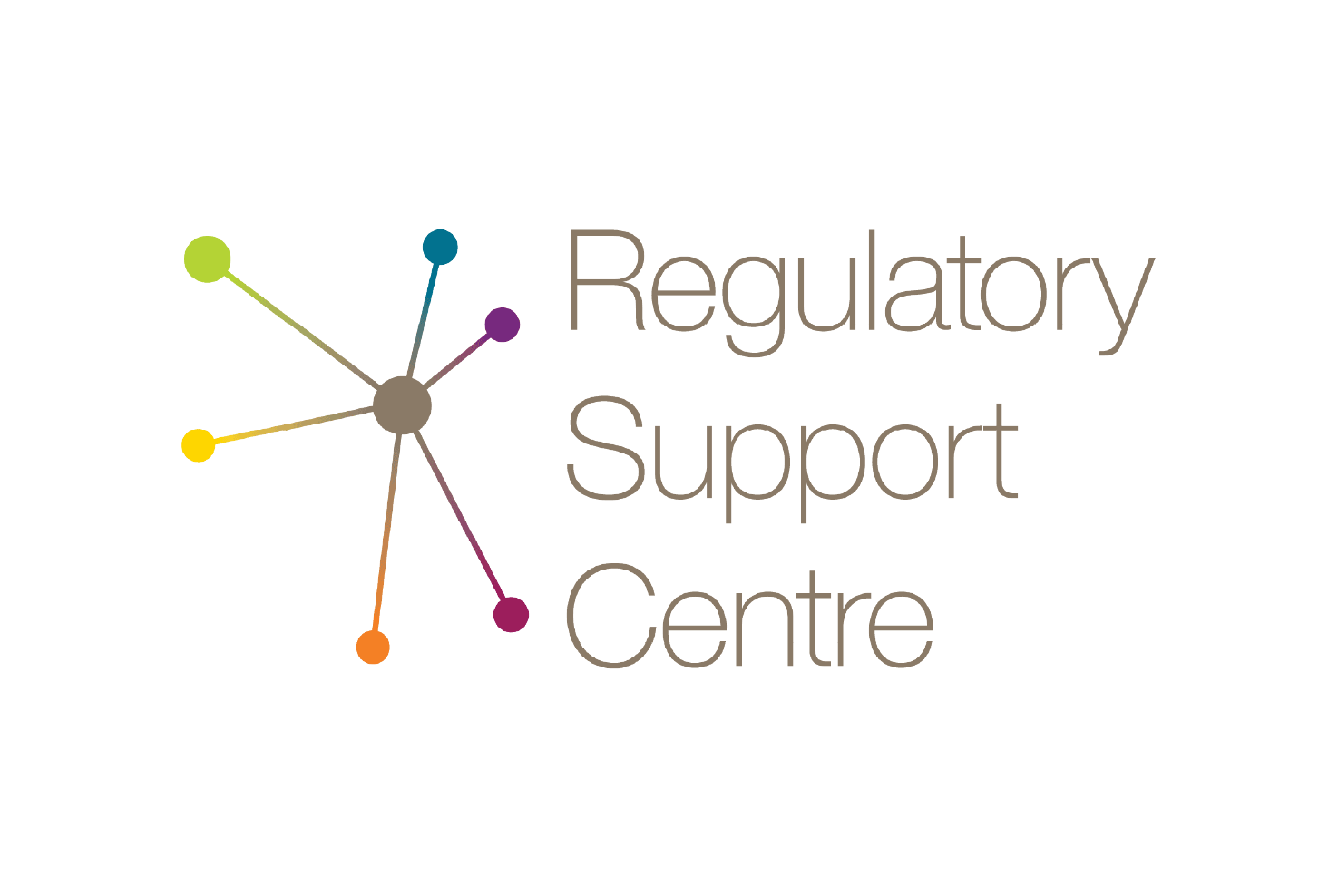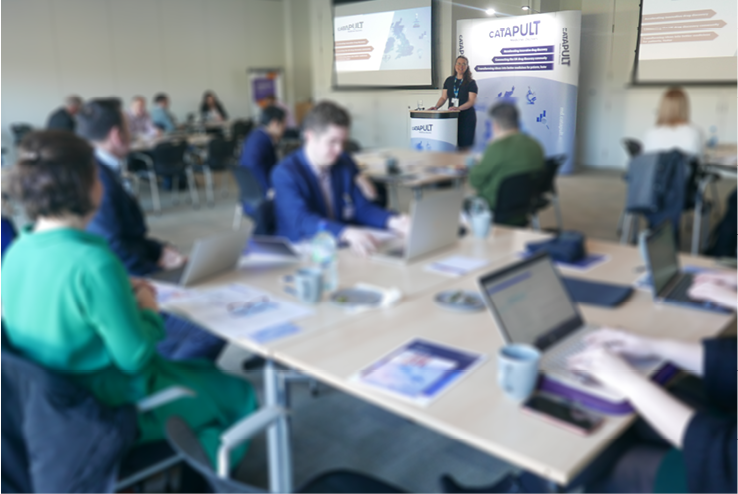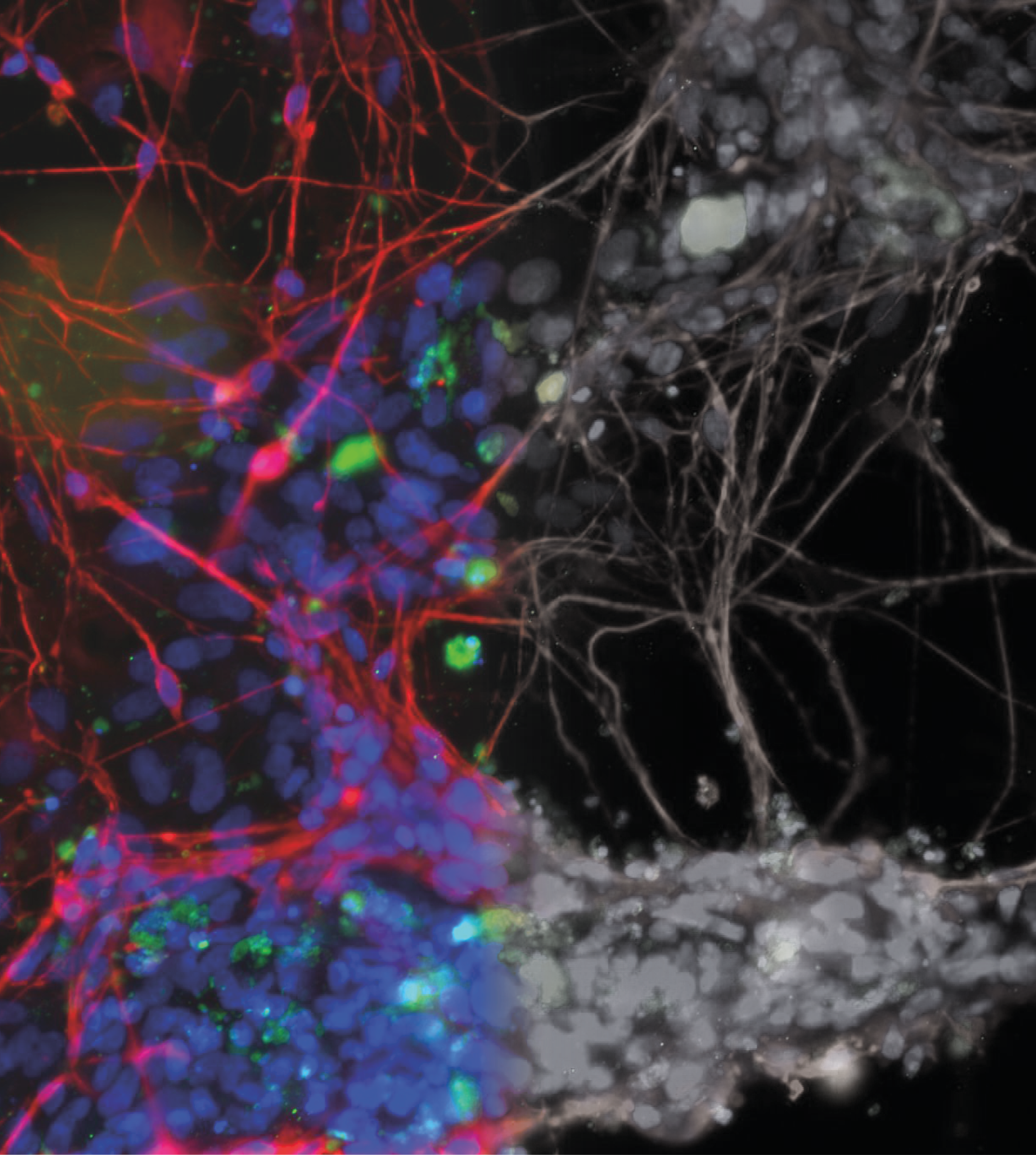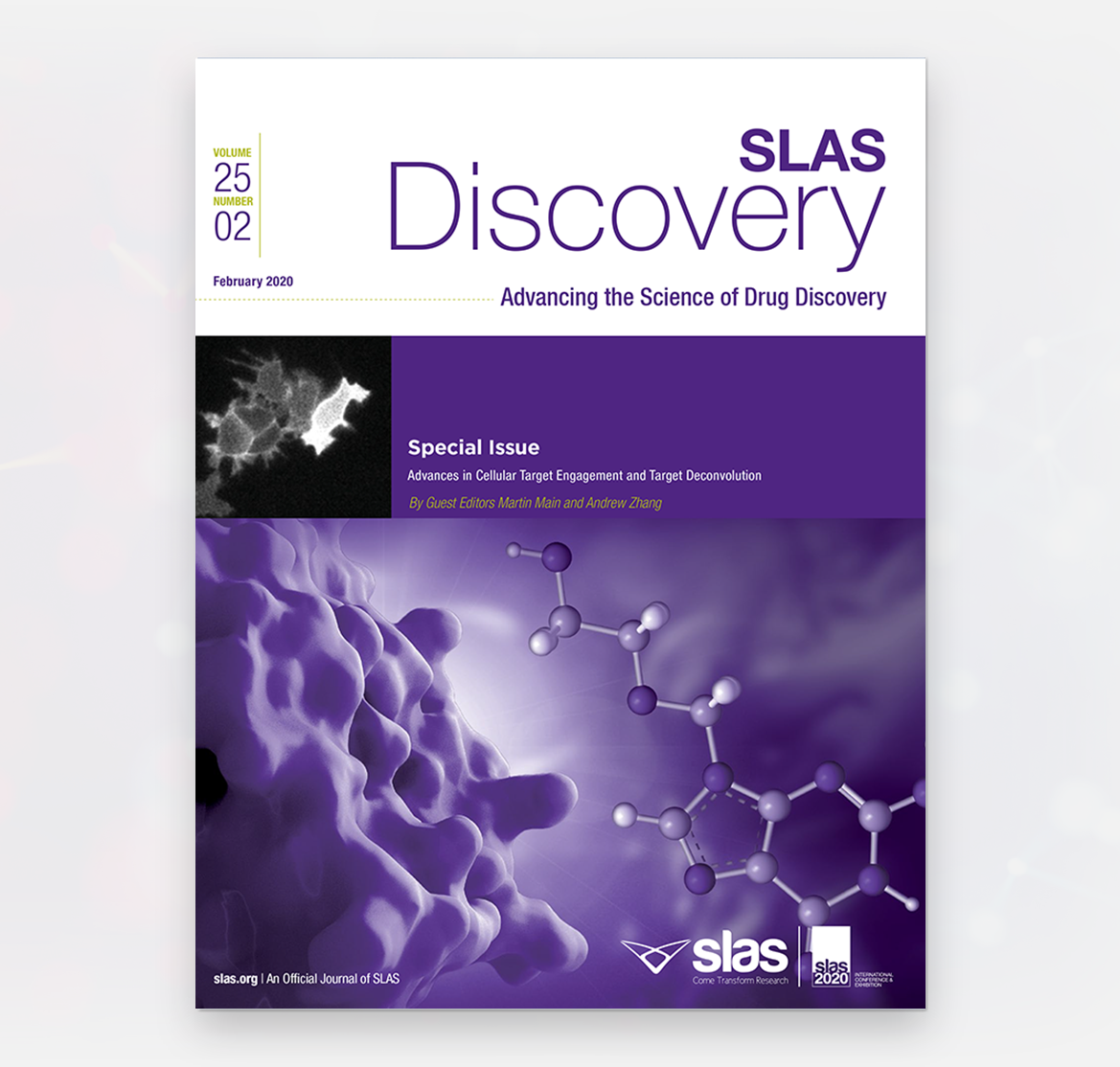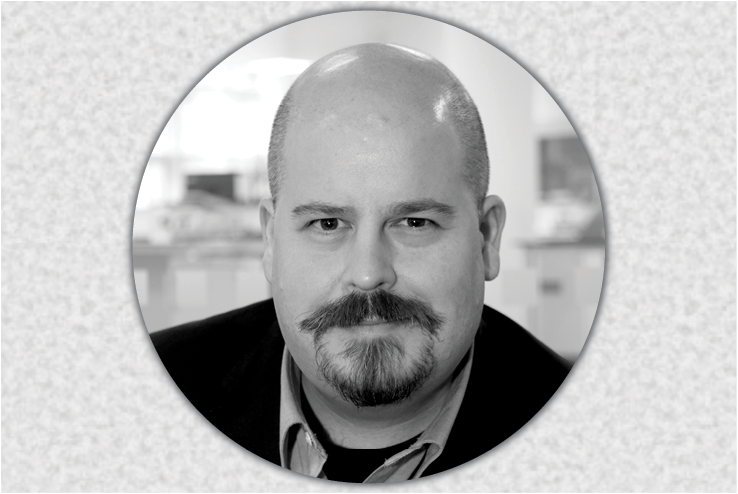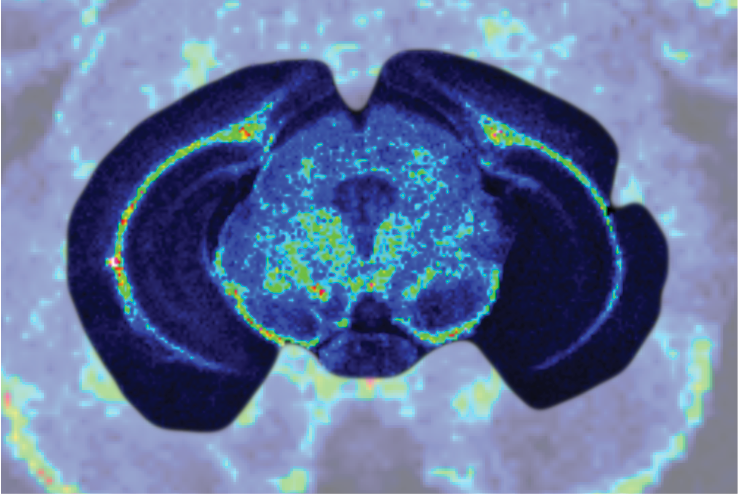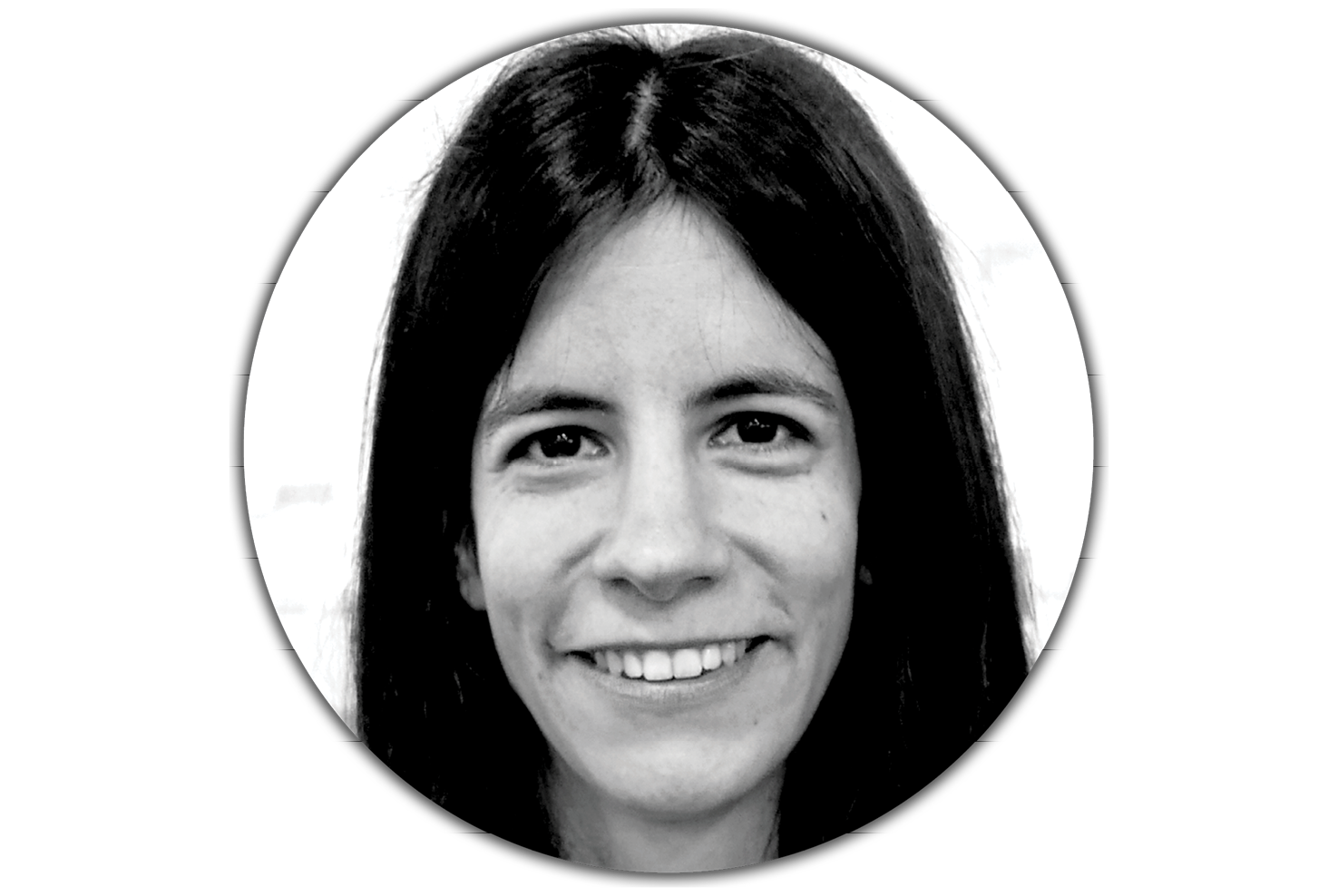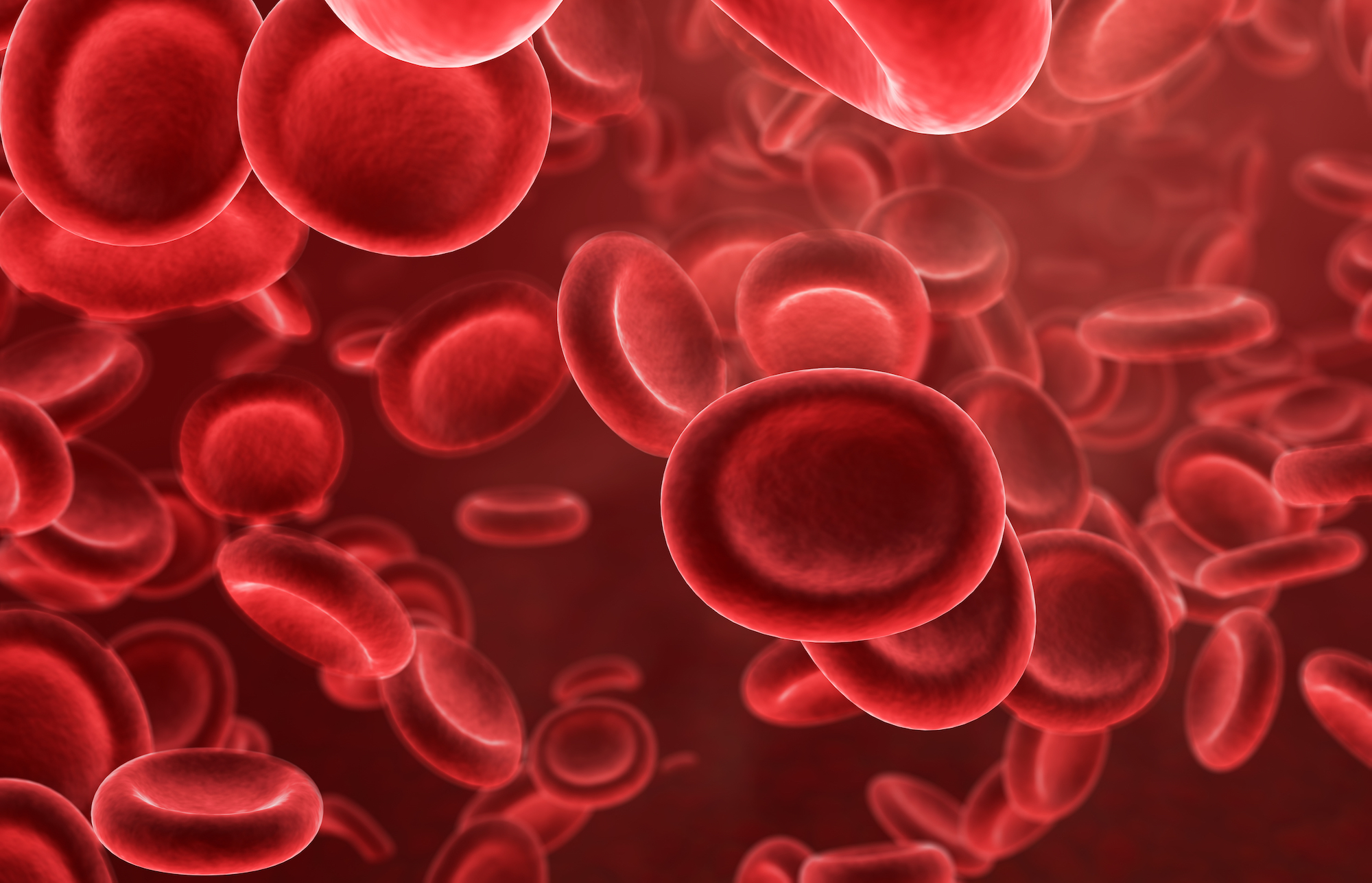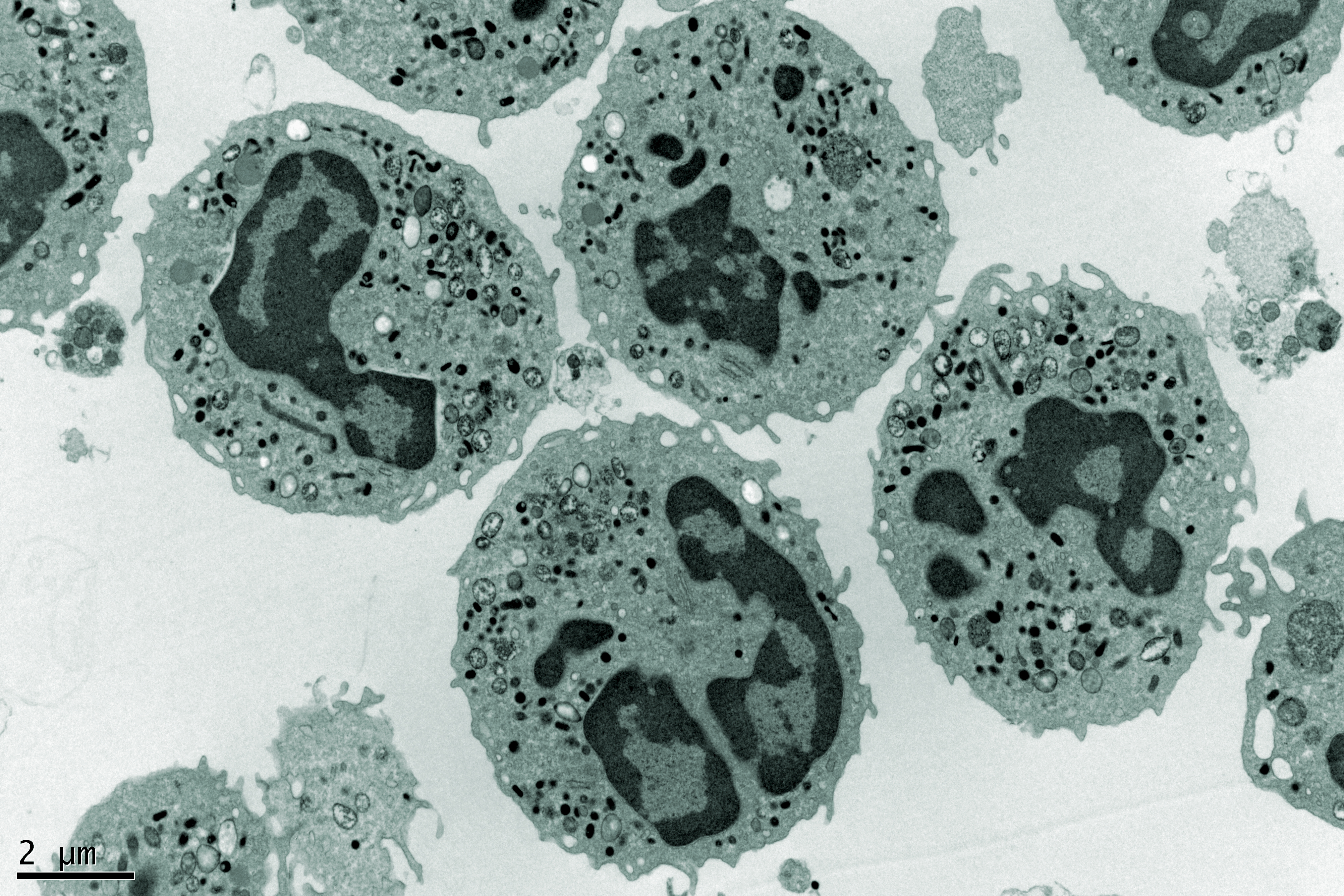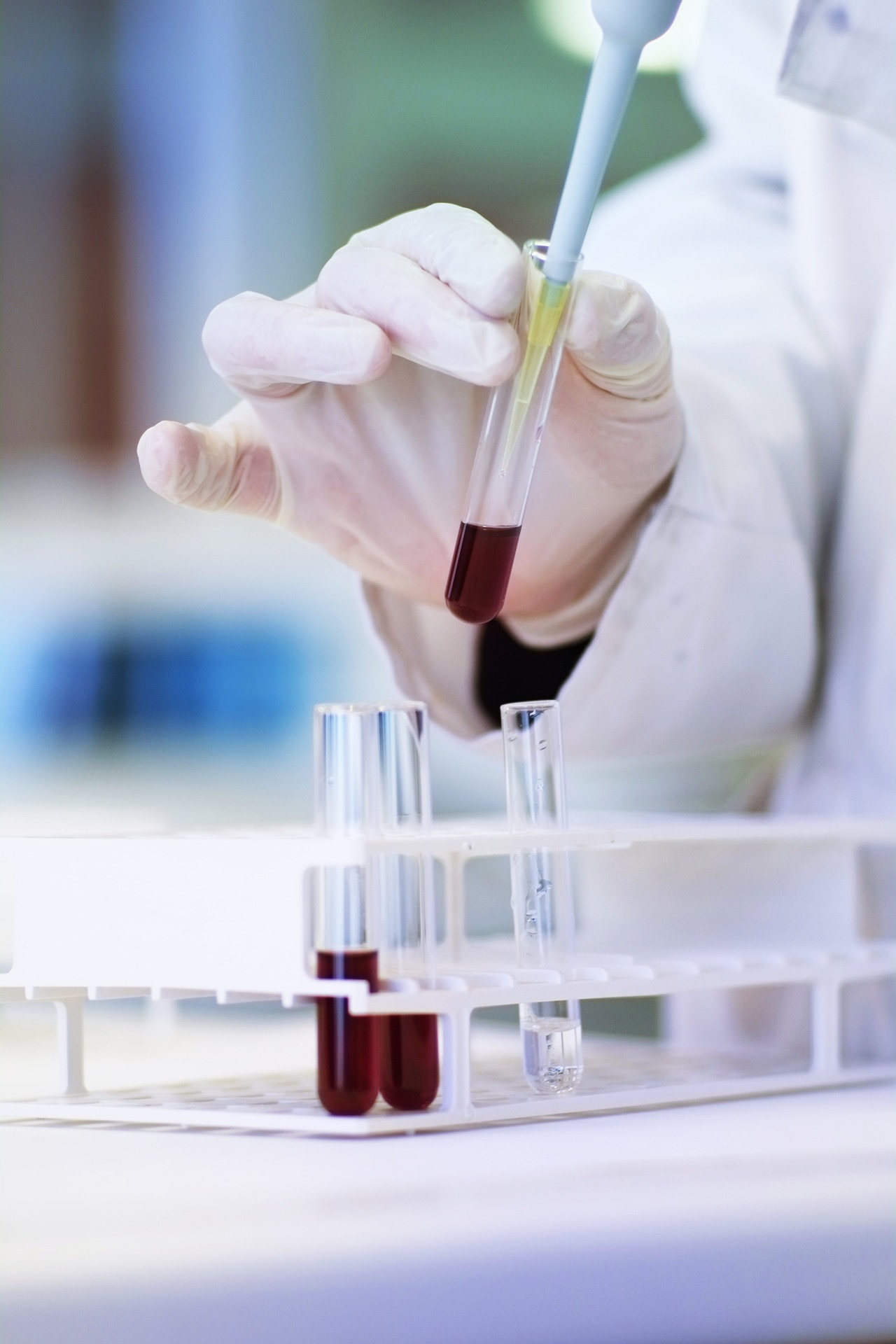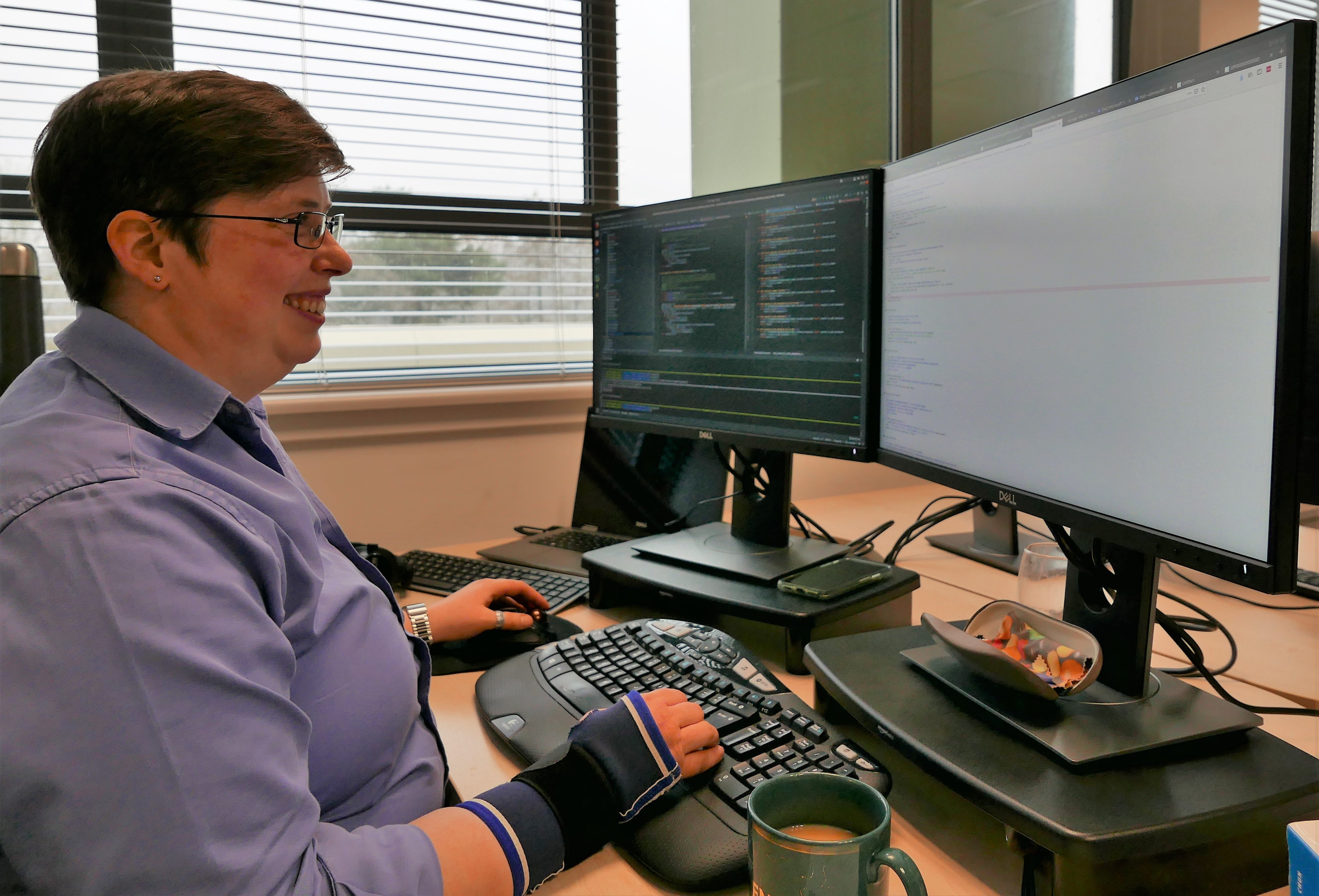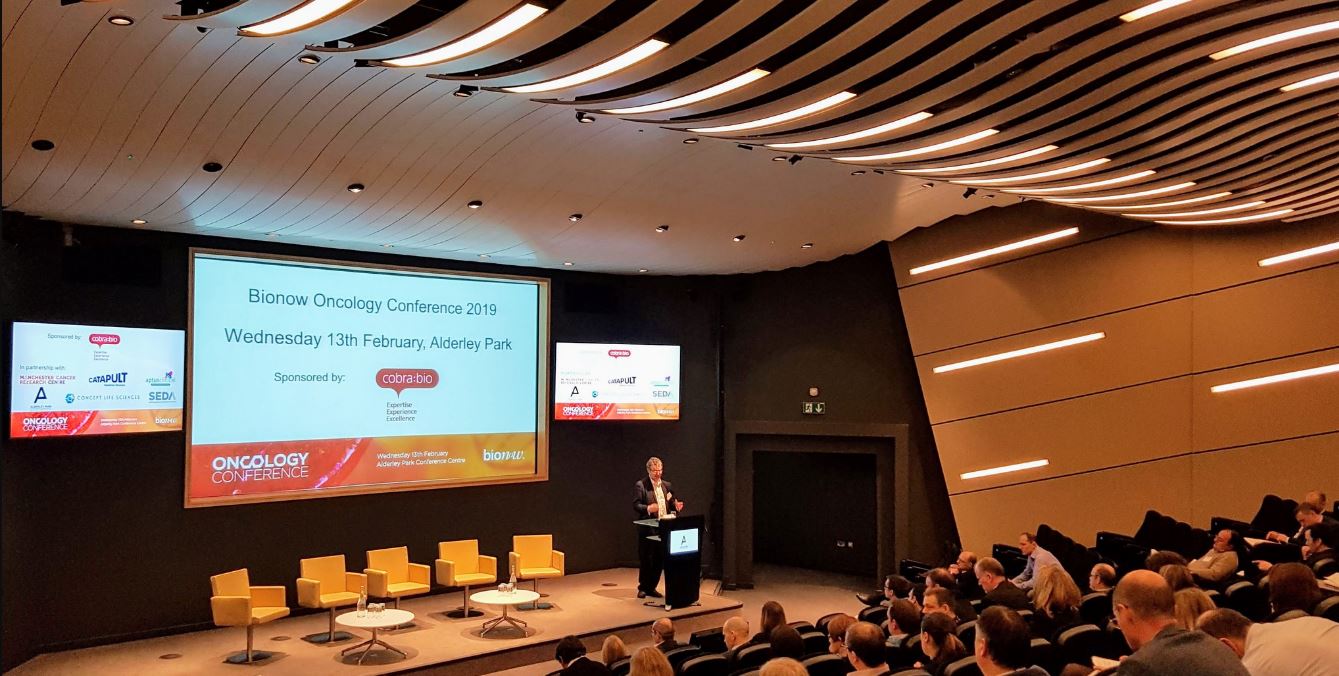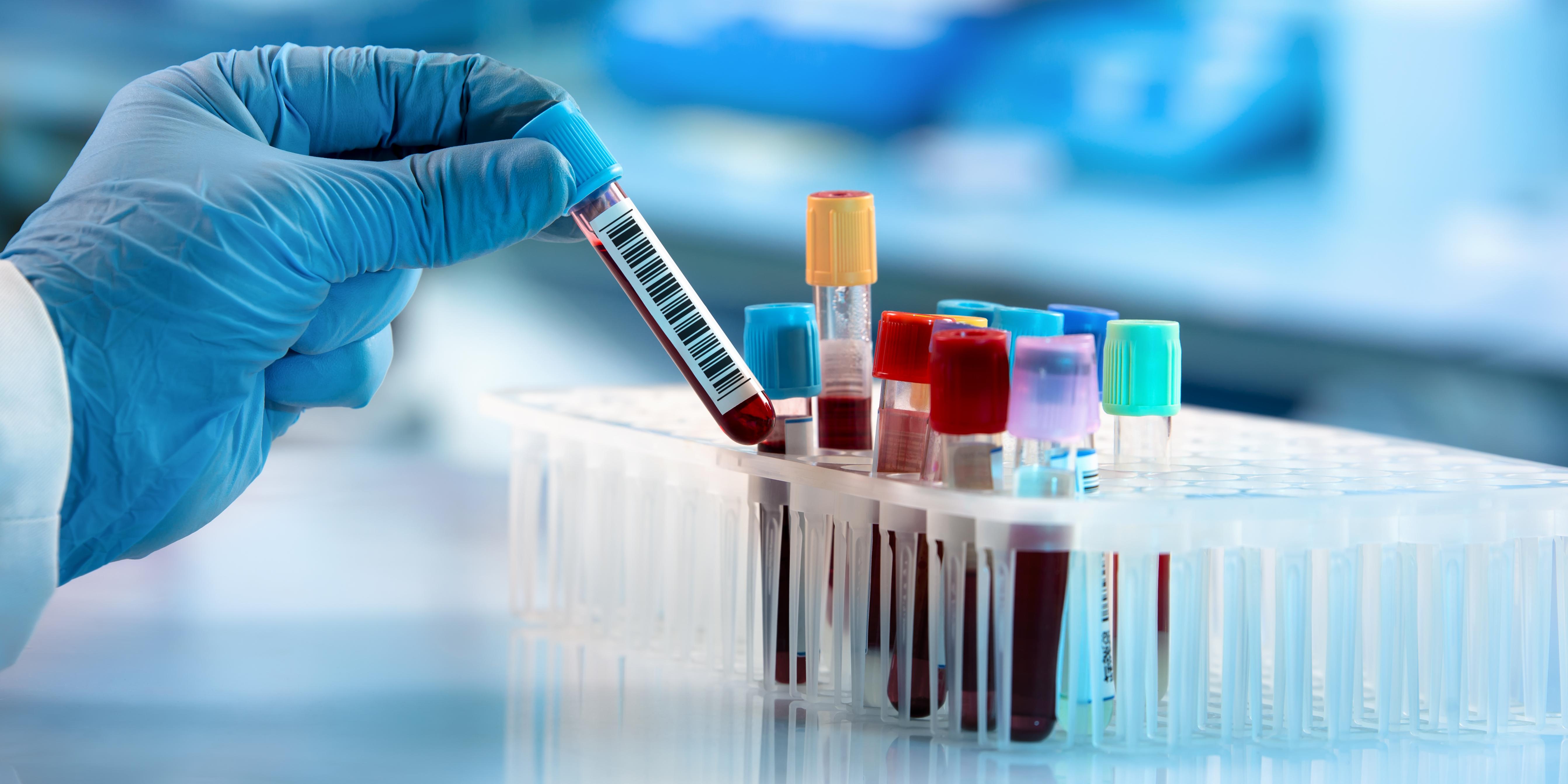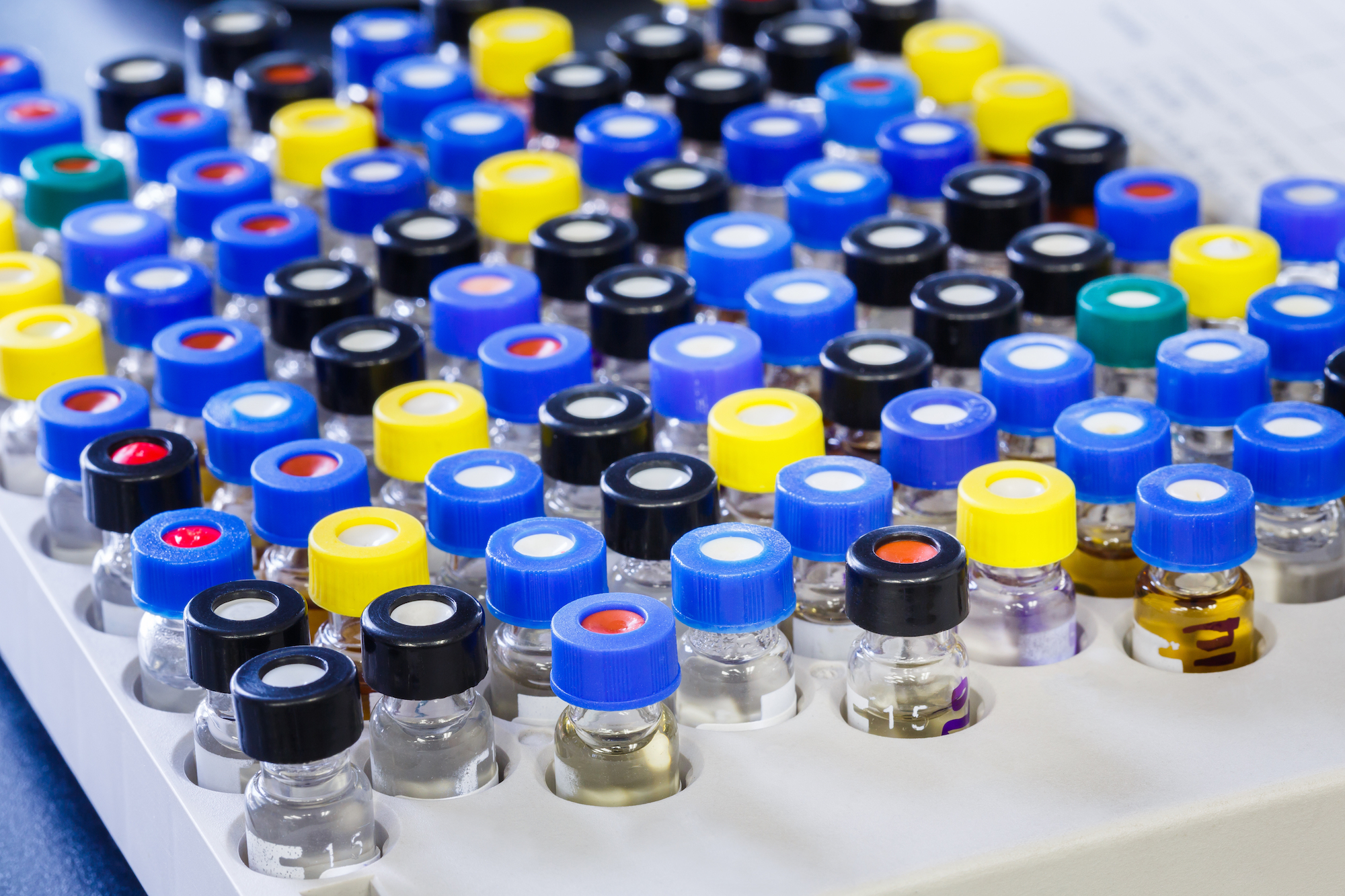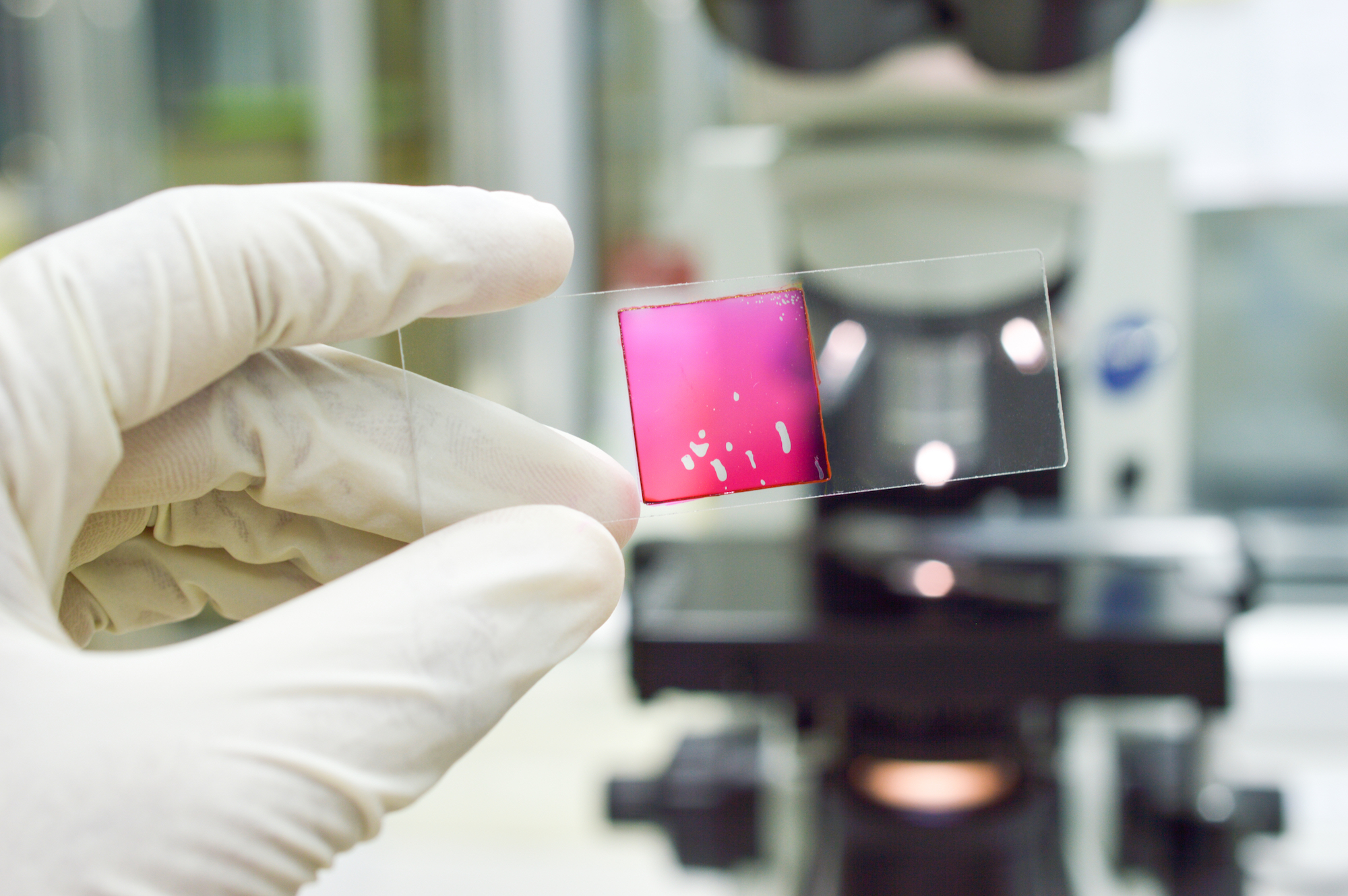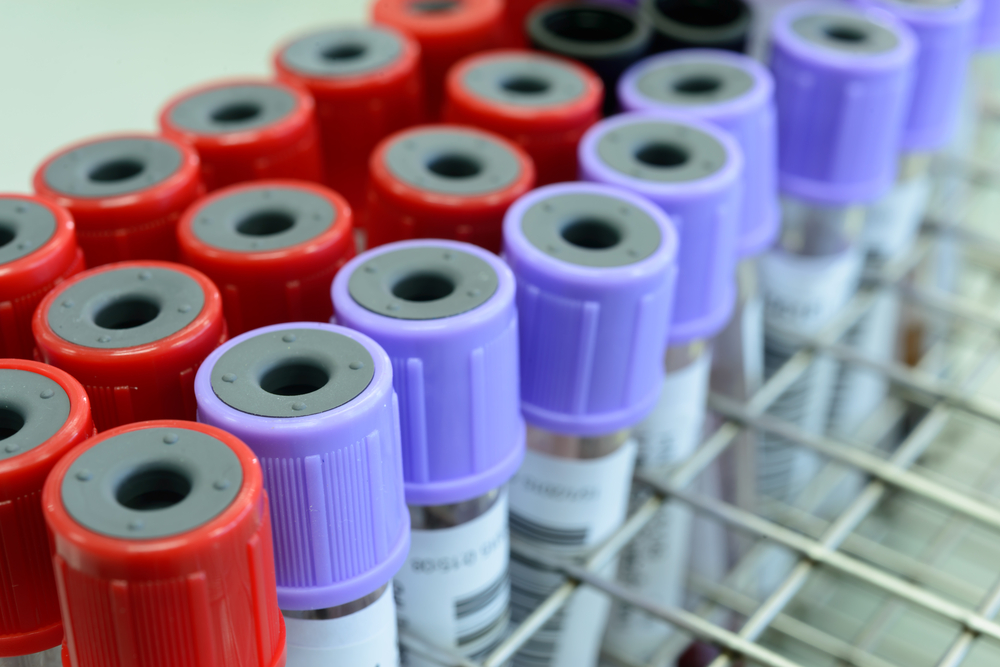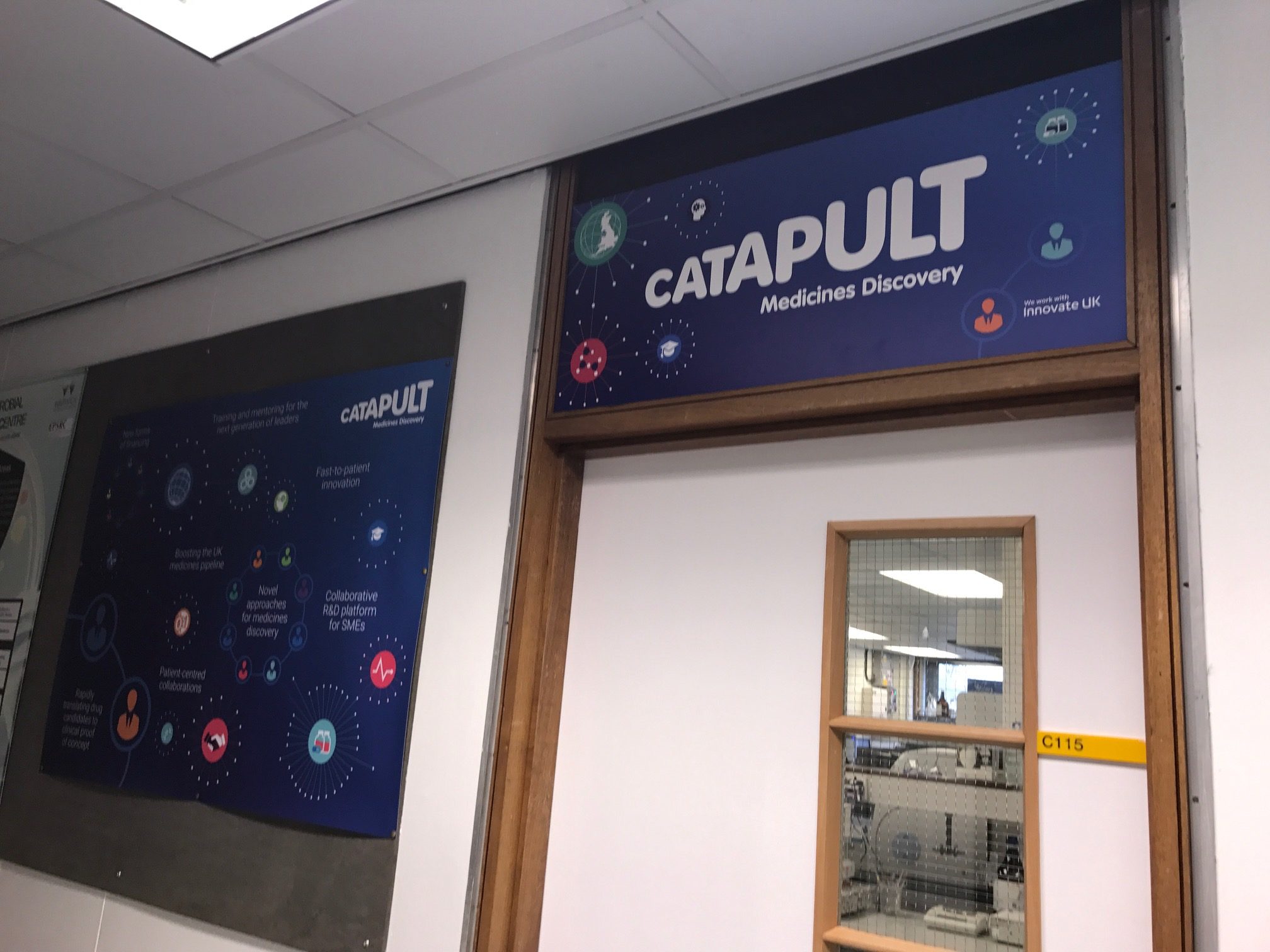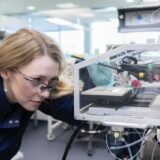A guest blog from Aisling Burnand, CEO of The Association of Medical Research Charities
Collaboration can make all the difference to patients and their loved ones, and we need to work together to make it happen. I see collaboration as a powerful antidote to the challenges and barriers that face all of us in the pursuit of curing illness.
Now more than ever, we need collaboration if we are to tackle the huge challenges of finding new cures. And the challenges we face as regional, national and global communities are significant — dementia in our ageing population, the spread of infectious diseases, the rise of antimicrobial resistance, cancer, obesity and diabetes and an uncertain economic future with an impact on health spending to name but a few.
Despite the enormity of the challenges, the outlook for medical research is incredibly positive. We are entering a new era of significant scientific change that will intensify over the next five to ten years. Leaders and experts who we recently interviewed used phrases like “tsunami,” “cusp of a revolution” and “seismic shifts” to describe developments in medical research.
But at the same time, the scientific challenges are getting more intractable and multi-dimensional, and people are living longer with co-morbidities.
The nature of clinical trials will change going forward as real-world data becomes a reality. Big data will be transformational throughout the health care system and over the longer term will be hugely disruptive.
Privacy, security and legal and technological issues, combined with political and cultural ones may act as a drag on progress, but the case for change in terms of cost savings and outcomes will keep the momentum going. The change that is coming is secular by nature, not cyclical; things will never be the same again. The question we need to ask ourselves, especially in the charitable sector, is “Are we ready for this change?” We need to recognise that today’s fragmented research structure is holding back progress. Joint funding, shared risk-taking and “team science” are important going forward.
Collaboration means many dimensions and geographies. Equally vital is better understanding patients’ needs and wants and to include them as constituents throughout the research process.
Five years ago, the UK was a very different place. Few charities collaborated outside of academia. Industry was still seen as the bad guy. Independence was our shield. But the storm was beginning. Charities were beginning to think about what impact they were making for the people they serve and questioning whether they could show promise for delivering new treatments and therapies so desperately needed.
In 2014, my organisation, the Association of Medical Research Charities, produced a guide for charities wanting to collaborate with industry. It’s called An Essential Partnership — and it really is “what it says on the tin.” We wanted to showcase the ways in which charities could start to partner with others, to think differently and challenge their own ways of working. Filled with almost 40 case studies, we outlined a new framework for working with industry.
We are now seeing the seeds of change with a plethora of new partnerships and the launch of the Medicines Discovery Catapult. Last year alone we saw several promising partnerships formed. The Francis Crick Institute opened (co-funded by Cancer Research UK, Wellcome Trust, government and academia). Breast Cancer Now announced a major collaboration with Pfizer to allow charity-funded researchers’ unprecedented access to at least 14 of Pfizer’s existing drugs, supported by around $13 million in funding. JDRF announced a new partnership with the company Arecor to shrink the size of insulin pumps to make them less intrusive and lighter for patients. The Dementia Discovery Fund — a collaboration among charity, industry and government — is investing in innovative dementia research. An industry-charity partnership will look at the epigenetics of respiratory disease with backing from Asthma UK, the British Lung Foundation, MRC Technology and AstraZeneca.
These partnerships are driven by the need to put patients first — to truly understand the impact of a disease or condition and to focus on what really matters. Patients are now active participants and equal partners. And it’s about time!
We are entering a new era of significant scientific change that will intensify over the next five to ten years. What conclusions can we draw from this shift in the biomedical ecosystem? We need more collaboration, not less. If you’re not comfortable with that, learn to be! None of us has all the answers. We need to talk to each other, share information and co-create. Be bold. This is not about pharma, or biotech, or charities or academia. This is about people. We are all individuals, and our health needs are changing.
We need to develop treatments for the whole person, not the disease. Charities and foundations wherever they are and whatever their size can be the honest broker throughout this paradigm shift. We can hold people’s feet to the fire for change and represent the needs of those who matter most — the patients themselves.
You can also hear from Ed Owen, Head of Stakeholder Engagement for the Medicines Discovery Catapult, on the AMRC website.

